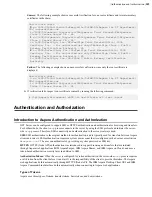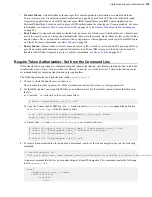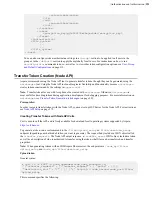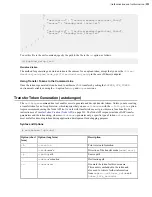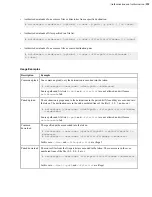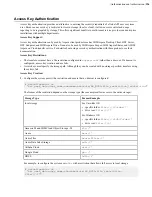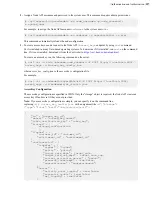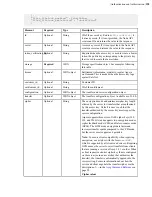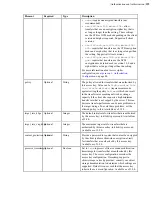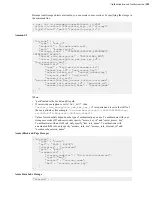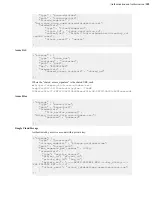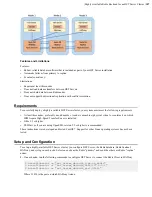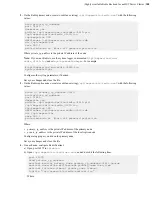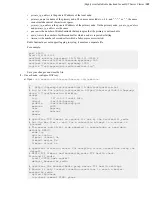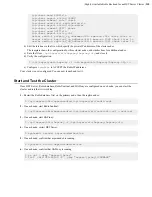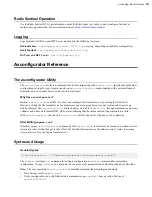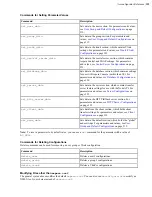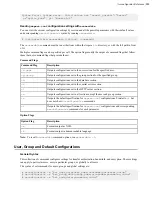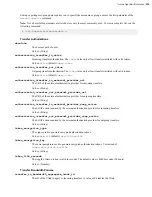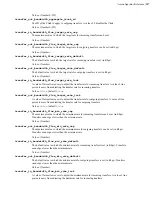
| Authentication and Authorization |
303
Authenticated by an OAuth token:
{"storage" : {
"type" : "google-gcs",
"storage_endpoint" : "storage.googleapis.com",
"path" : "
bucket
/
path
",
"max_segments_per_compose" : 1024,
"credentials" : {
"type" : "oauth",
"client_id" : "
client_id
",
"client_secret" : "
secret
"
"project_id" : "
project_id
",
"access_token" : "
access_token
",
"refresh_token" : "
refresh_token
",
"token_expiration" : "
token_lifetime_seconds
"
"auth_uri" : "https://accounts.google.com/o/oauth2/auth",
"token_uri" : "https://accounts.google.com/o/oauth2/token",
"auth_provider_x509_cert_url" : "https://
www.googleapis.com/oauth2/v1/certs",
"client_x509_cert_url" : "https://www.googleapis.com/robot/
v1/metadata/x509/
client_id
%40developer.gserviceaccount.com"
}
}}
IBM Cloud Object Storage (COS) - S3
{"storage" : {
"type" : "ibm-s3",
"path" : "
bucket
/
path
",
"endpoint" : "s3-api.us-
geo.objectstorage.service.networklayer.com",
"credentials" : {
"type" : "key",
"access_key_id" : "
key_id
",
"secret_access_key" : "
key_secret
"
}
}}
4.
Confirm that your access key was created and retrieve its ID by running the following command:
# curl -ki -u
node_username
:
node_password
-X GET https://localhost:9092/
access_keys
The output includes the ID and configuration of all access keys. For example, the following output lists an access
key is for local storage:
HTTP/1.1 200 OK
Cache: no-cache
Connection: close
Content-Type: application/json; charset=utf-8
[
{
"id" : "ak_1234",
"secret" : "j3489tht42o8y32unifhkfw38ty238h3rih",
"token_verification_key" : "9mgr3wtl4utmf394ur2ur52jgj934864ginsrh",
"storage" : {
"type" : "local",
"path" : "/"
},
"license" : {
"customer_id" : "customer1",

